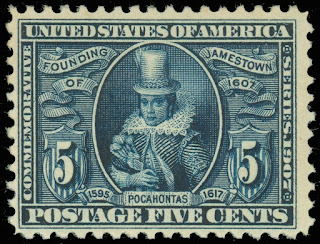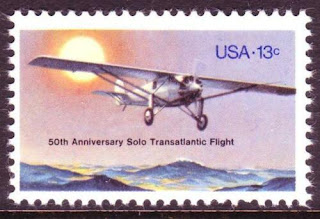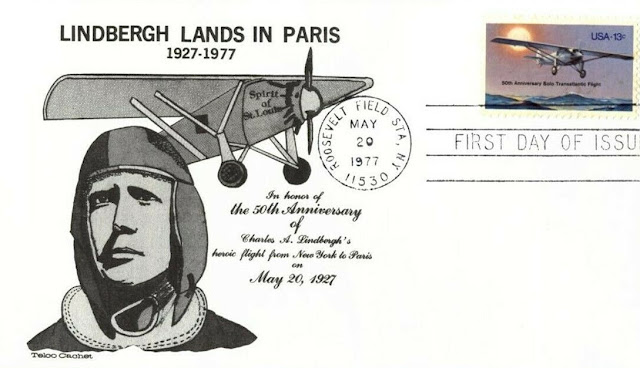Here are some events that happened on March 21st. It could be an event or a person that died or was born on that day
1617 Died: Pocahontas, Algonquian Indigenous princess (b. c. 1595)
Pocahontas (born Matoaka, known as Amonute, c. 1596 – March 1617) was a Native American woman, belonging to the Powhatan People, notable for her association with the colonial settlement at Jamestown, Virginia. She was the daughter of Powhatan, the paramount chief of a network of tributary tribes in the Tsenacommacah, encompassing the Tidewater region of Virginia.
Pocahontas was captured and held for ransom by the Colonists during hostilities in 1613. During her captivity, she was encouraged to convert to Christianity and was baptized under the name Rebecca. She married tobacco planter John Rolfe in April 1614 aged about 17 or 18, and she bore their son Thomas Rolfe in January 1615.
In 1616, the Rolfes travelled to London where Pocahontas was presented to English society as an example of the "civilized savage" in hopes of stimulating investment in the Jamestown settlement. On this trip she may have met Squanto, a Patuxet Indian from New England. She became something of a celebrity, was elegantly fêted, and attended a masque at Whitehall Palace. In 1617, the Rolfes set sail for Virginia, but Pocahontas died at Gravesend of unknown causes, aged 20 or 21. She was buried in St George's Church, Gravesend, in England, but her grave's exact location is unknown because the church was rebuilt after a fire destroyed it.
Numerous places, landmarks, and products in the United States have been named after Pocahontas. Her story has been romanticized over the years, with some aspects which are probably fictional. Many of the stories told about her by John Smith have been contested by her documented descendants. She is a subject of art, literature, and film, and many famous people have claimed to be among her descendants through her son, including members of the First Families of Virginia, First Lady Edith Wilson, American Western actor Glenn Strange, and astronomer Percival Lowell.
US stamps depicting Pocahontas
1871 – Otto von Bismarck is appointed as the first Chancellor of the German Empire.
Otto Eduard Leopold, Prince of Bismarck, Duke of Lauenburg (Born von Bismarck-Schönhausen; German: Otto Eduard Leopold Fürst von Bismarck, Herzog zu Lauenburg; 1 April 1815 – 30 July 1898), known as Otto von Bismarck, was a conservative Prussian statesman who dominated German and European affairs from the 1860s until 1890 and was the first Chancellor of the German Empire between 1871 and 1890. In 1862, King Wilhelm I appointed him as Minister President of Prussia, a position he would hold until 1890, with the exception of a short break in 1873.
He provoked three short, decisive wars against Denmark, Austria, and France. Following the victory against Austria, he abolished the supranational German Confederation and instead formed the North German Confederation as the first German national state in 1867, leading it as Federal Chancellor. This aligned the smaller North German states behind Prussia. Later receiving the support of the independent South German states in the Confederation's defeat of France, he formed the German Empire in 1871, unifying Germany with himself as Imperial Chancellor, while retaining control of Prussia at the same time. The new German nation excluded Austria, which had been Prussia's main opponent for predominance among the German states.
German First Day Cover issued for the 150 birthday anniversary of Otto von Bismarck
1928 – Charles Lindbergh is presented with the Medal of Honor for the first solo trans-Atlantic flight.
Charles Augustus Lindbergh (February 4, 1902 – August 26, 1974) was an American aviator, military officer, author, inventor, and activist. At the age of 25 in 1927, he went from obscurity as a U.S. Air Mail pilot to instantaneous world fame by winning the Orteig Prize for making a nonstop flight from New York City to Paris. Lindbergh covered the 33 1⁄2-hour, 3,600-statute-mile (5,800 km) flight alone in a purpose-built, single-engine Ryan monoplane, the Spirit of St. Louis. While the first non-stop transatlantic flight had been made 8 years earlier, this was the first solo transatlantic flight, the first transatlantic flight between two major city hubs, and the longest transatlantic flight by almost 2,000 miles. Thus it is widely considered a turning point in world history for the development and advancement of aviation.
Lindbergh was an officer in the U.S. Army Air Corps Reserve, and he received the United States' highest military decoration, the Medal of Honor, for his transatlantic flight. His achievement spurred interest in both commercial aviation and air mail, which revolutionized the aviation industry, and he devoted much time and effort to promoting such activity.
In March 1932, Lindbergh's infant son, Charles Jr., was kidnapped and murdered in what the American media called the "Crime of the Century". The case prompted the United States Congress to establish kidnapping as a federal crime if the kidnapper crosses state lines with a victim. By late 1935, the hysteria surrounding the case had driven the Lindbergh family into exile in Europe, from which they returned in 1939.
In the years before the United States entered World War II, his non-interventionist stance and statements about Jews led some to suspect he was a Nazi sympathizer, although Lindbergh never publicly stated support for Nazi Germany. He opposed not only the intervention of the United States but also the provision of aid to the United Kingdom. He supported the anti-war America First Committee and resigned his commission in the U.S. Army Air Forces in April 1941 after President Franklin Roosevelt publicly rebuked him for his views. In September 1941, Lindbergh gave a significant address, titled "Speech on Neutrality", outlining his views and arguments against greater American involvement in the war.
Lindbergh did ultimately express public support for the U.S. war effort after the Japanese attack on Pearl Harbor and the subsequent United States declaration of war upon Germany. He flew 50 missions in the Pacific Theater of World War II as a civilian consultant, but did not take up arms as Roosevelt refused to reinstate his Air Corps colonel's commission. In his later years, Lindbergh became a prolific author, international explorer, inventor, and environmentalist, eventually dying of lymphoma in 1974, at age 72.
US stamp and FDC issued to commemorate Lindbergh's transatlantic flight




No comments:
Post a Comment